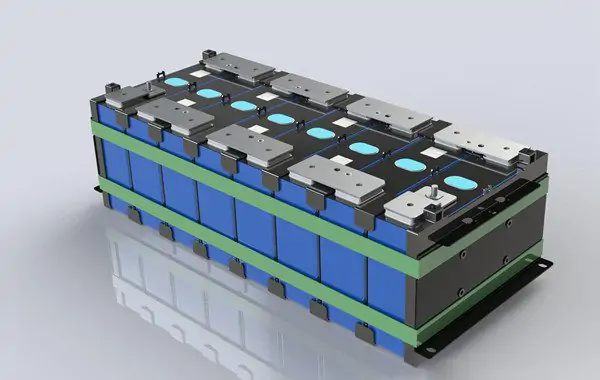 |
Welcome To Evlithium Best Store For Lithium Iron Phosphate (LiFePO4) Battery |
 |
Lithium-ion (Li-ion) and Lithium Iron Phosphate (LiFePO4) batteries are two of the most popular types of rechargeable batteries. These batteries have become increasingly popular in recent years due to their high energy density, long cycle life, and low self-discharge rate. However, many people are confused about the differences between Li-ion and LiFePO4 batteries and which one is better. In this article, we will discuss the pros and cons of each technology to help you make an informed decision.

Li-ion batteries are the most common type of rechargeable battery used in consumer electronics. These batteries are lightweight, have a high energy density, and are available in a wide range of shapes and sizes. Li-ion batteries are commonly used in smartphones, laptops, and electric vehicles.
One of the advantages of Li-ion batteries is their high energy density. This means that they can store a lot of energy in a small space, which makes them ideal for portable devices. Li-ion batteries also have a low self-discharge rate, which means that they can hold their charge for a long time when not in use. This is important for devices that are not used frequently.
However, Li-ion batteries also have some disadvantages. They are prone to thermal runaway, which can cause them to catch fire or explode if they are damaged or charged improperly. Li-ion batteries are also relatively expensive to manufacture compared to other types of batteries.
LiFePO4 batteries are a type of lithium-ion battery that uses lithium iron phosphate as the cathode material. These batteries have become popular in recent years due to their high safety profile, long cycle life, and low environmental impact. LiFePO4 batteries are commonly used in electric vehicles, solar power systems, and backup power applications.
One of the main advantages of LiFePO4 batteries is their safety. These batteries are less prone to thermal runaway than other types of lithium-ion batteries. LiFePO4 batteries are also more environmentally friendly than other types of lithium-ion batteries because they do not contain toxic heavy metals such as cobalt.
LiFePO4 batteries also have a longer cycle life than other types of lithium-ion batteries. This means that they can be charged and discharged more times before they need to be replaced. LiFePO4 batteries also have a low self-discharge rate, which means that they can hold their charge for a long time when not in use.
However, LiFePO4 batteries also have some disadvantages. They have a lower energy density than other types of lithium-ion batteries, which means that they are not as efficient at storing energy in a small space. LiFePO4 batteries are also more expensive to manufacture than other types of lithium-ion batteries.
The answer to this question depends on your specific needs. If you are looking for a battery that has a high energy density and is lightweight, then Li-ion batteries are a good choice. Li-ion batteries are also a good choice for devices that are not used frequently because they have a low self-discharge rate.
However, if you are looking for a battery that is safer and has a longer cycle life, then LiFePO4 batteries are a good choice. LiFePO4 batteries are also a good choice for applications that require backup power because they have a low self-discharge rate and a long cycle life.
In summary, both Li-ion and LiFePO4 batteries have their own advantages and disadvantages. When choosing between the two, it is important to consider your specific needs and the requirements of your application.
Edit by editor
Last Update:2023-05-05 17:18:05
All Rights reserved © 2026 Evlithium Limited